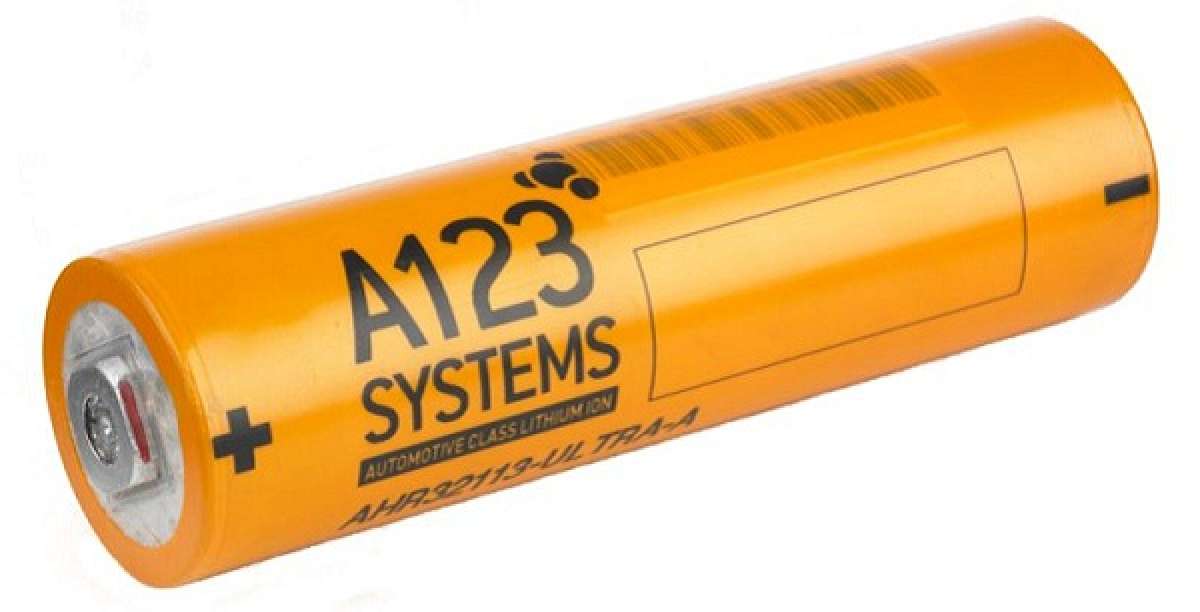Despite being tossed into the “whatever happened to them” category following its highly publicized bankruptcy filing, A123 Systems would like to point out they haven’t gone anywhere. Since being purchased at auction by China’s Wanxiang Group (which also purchased Fisker) for $257 million, A123 Systems has been repairing its image without fundamentally changing its business.
Wanxiang is a family of companies that invests in struggling businesses with potential and operates essentially as a holding company. As a result, A123 hasn’t changed that much. In an interview for the October 2013 issue of Charged magazine, A123 spokesman Jeff Kessen said A123 is “still basically the same entity, focused on transportation and grid energy storage.”
That focus changed somewhat this week as the company sold its grid storage division for $100 million to the Japanese system integrator NEC Corporation. The ostensible purpose was to focus on the transportation sector, particularly the potentially lucrative future market for micro-hybrids. The relatively simple and inexpensive start-stop technology is already huge in Europe and is beginning to take hold in the United States thanks to stricter fuel economy standards. Micro-hybrids can employ lithium-ion batteries to provide more power than a conventional battery, necessary to provide electricity to the vehicle’s systems while the engine is off and repeatedly restart the engine, and to add regeneration capability.
A123 as a result of this deal will become a major supplier of lithium-ion cells to NEC in addition to its existing high-profile customers, which include BMW (for the battery packs of the 3-series and 5-series hybrids) and GM (for the battery pack of the Chevrolet Spark EV). Their commercial vehicle customers also include Daimler and Smith Electric Vehicles, a company that makes electric delivery trucks.
If you thought A123 was down and out, think again. They could still be a major player among battery suppliers in the future electric vehicle industry, although for the time being it appears they have their sights set lower. Maybe that’s a good thing.





